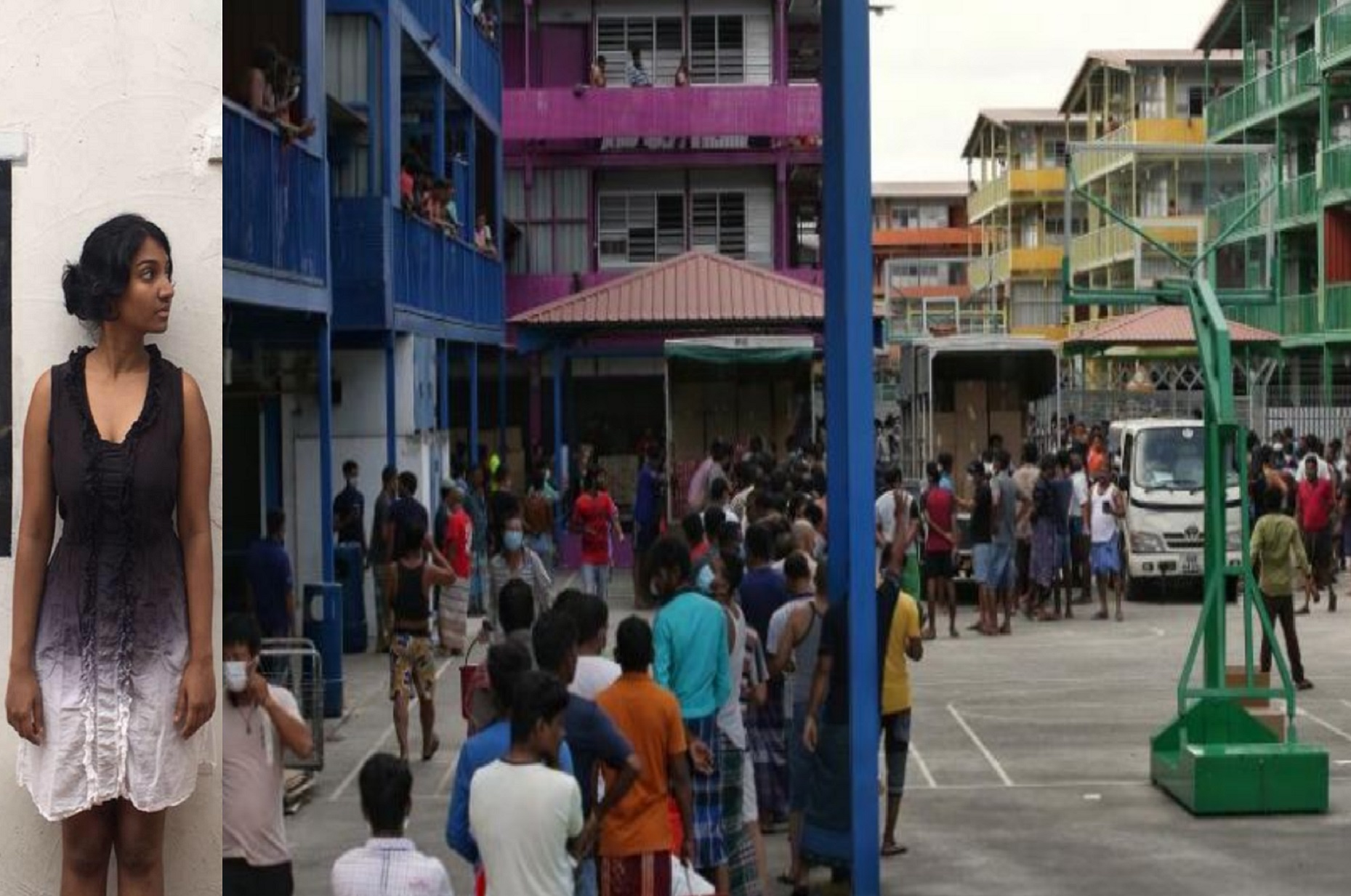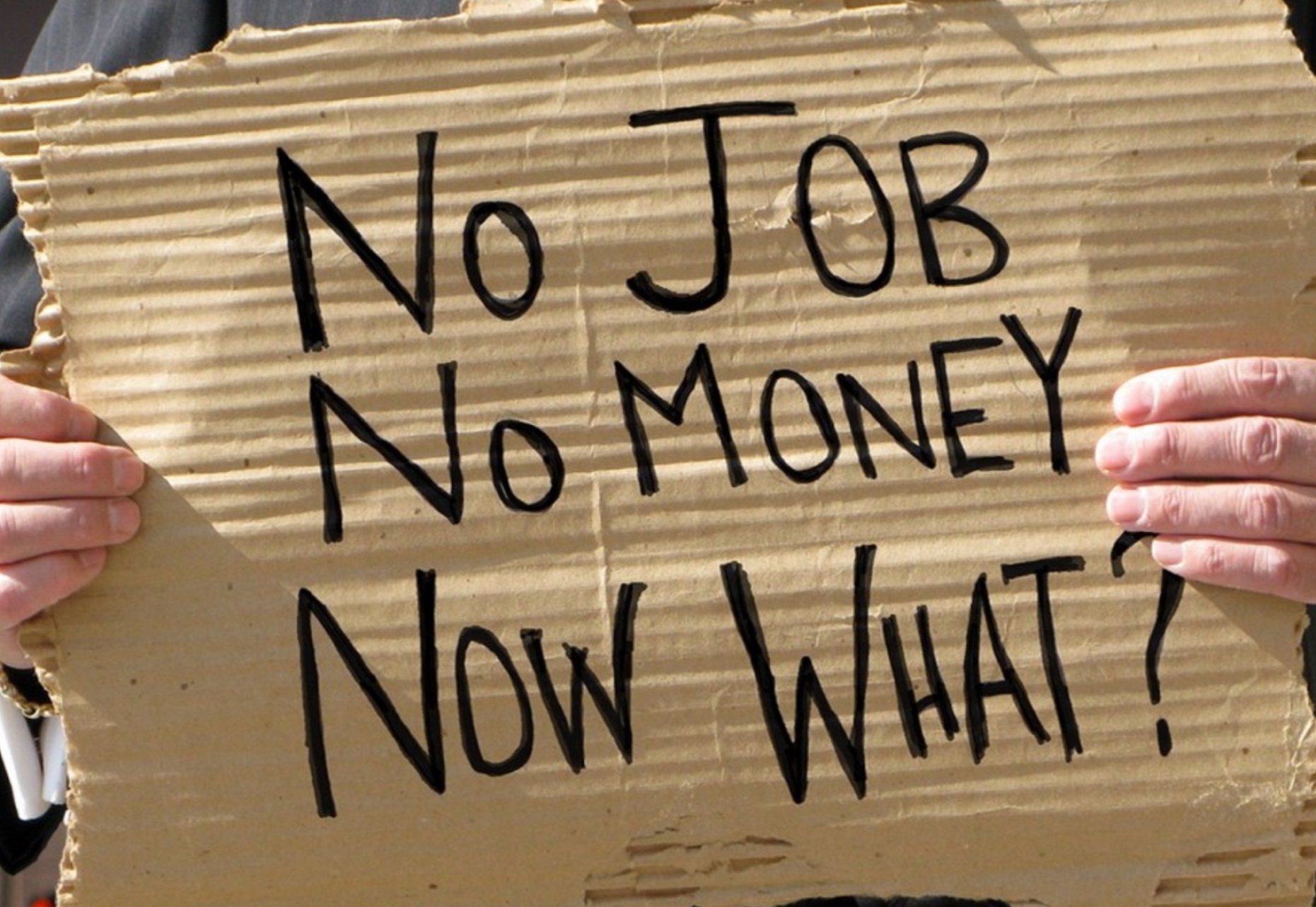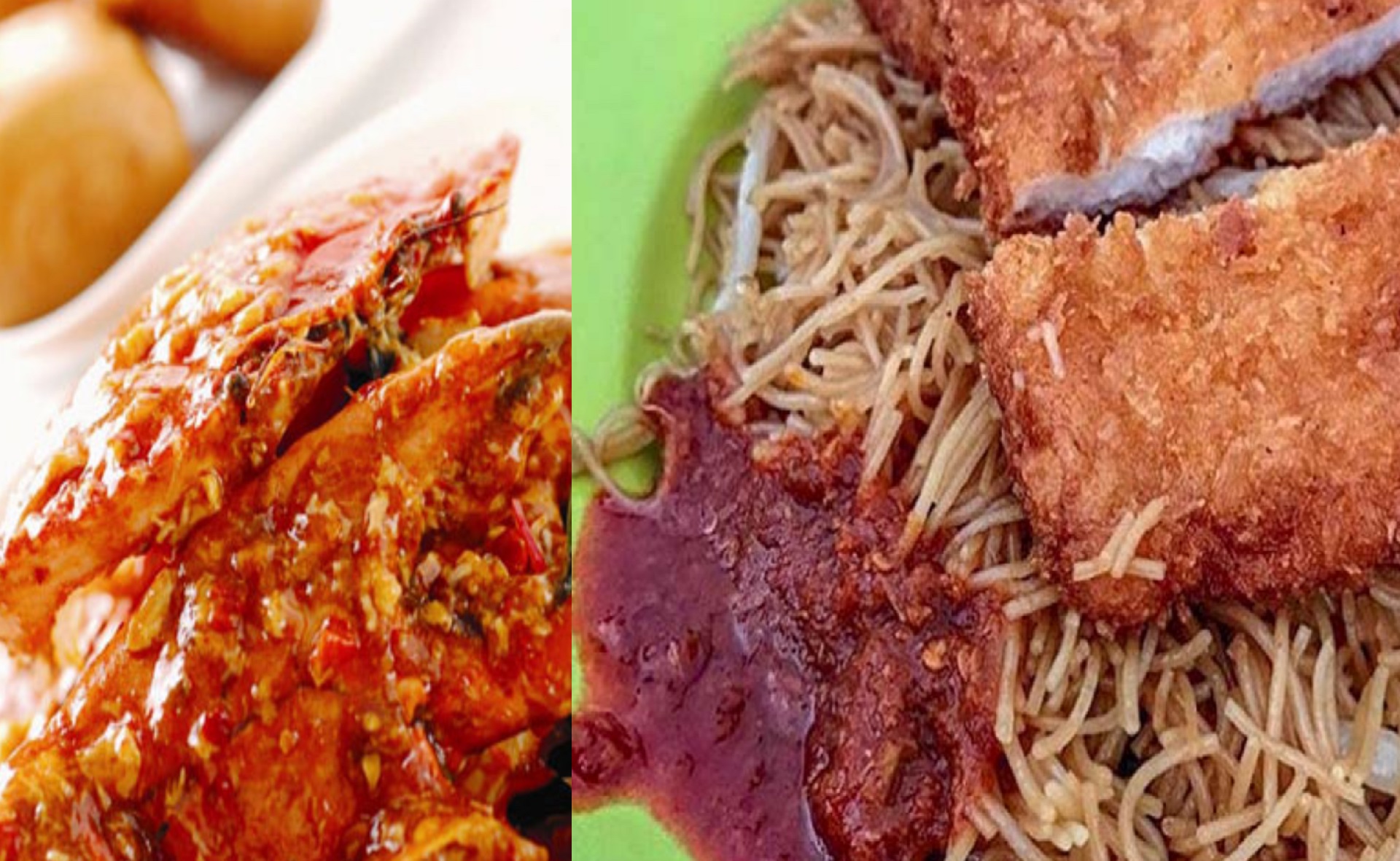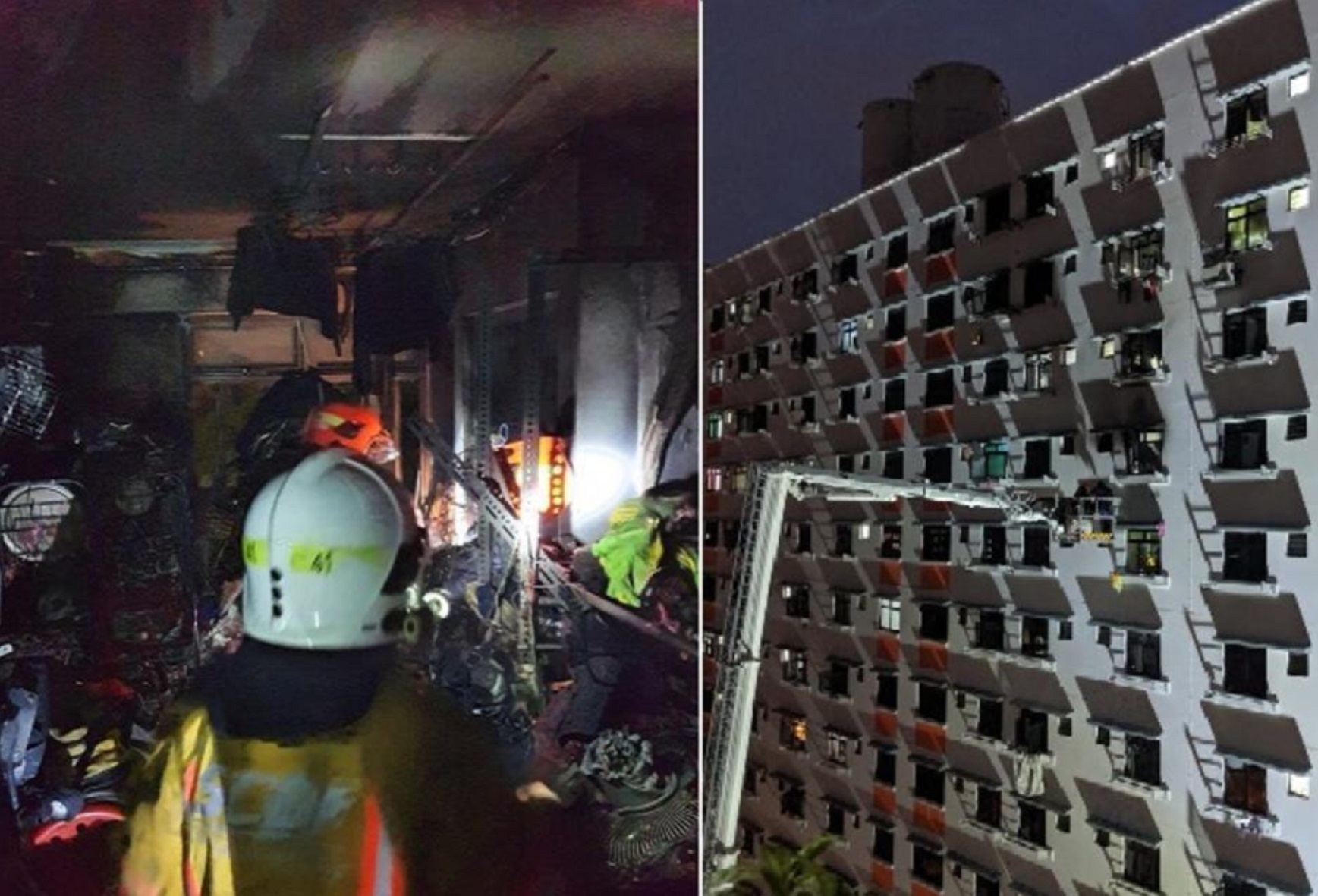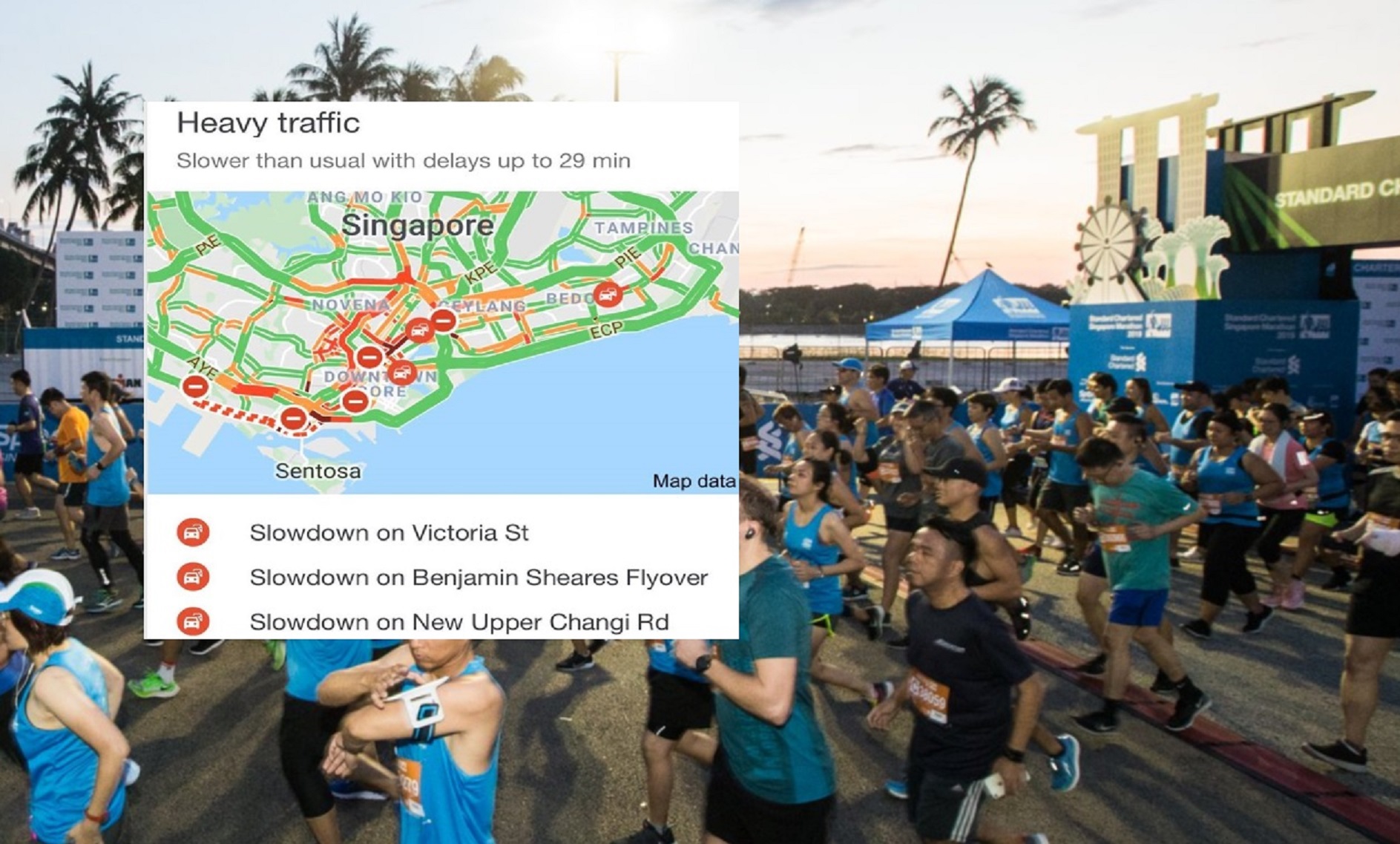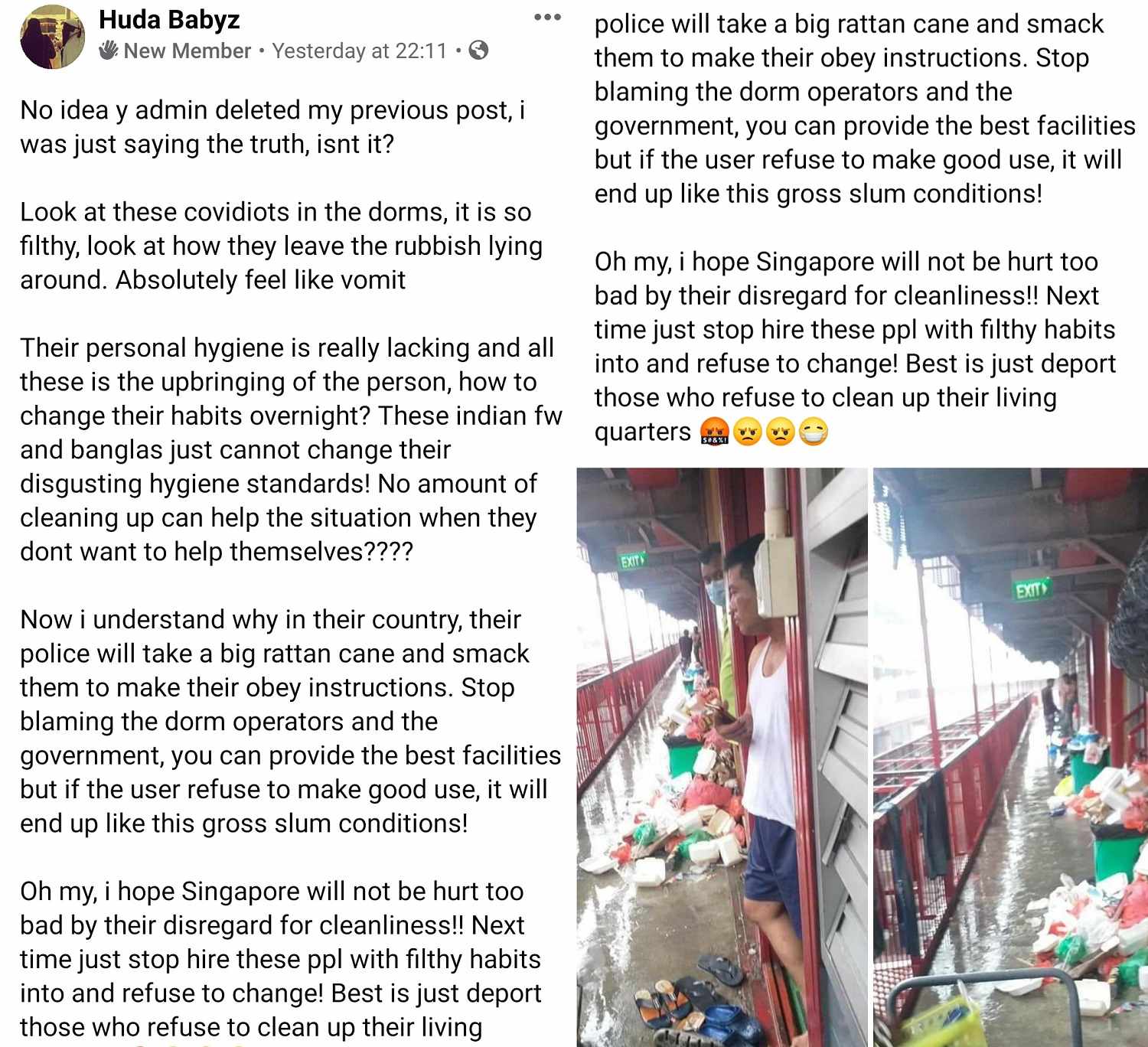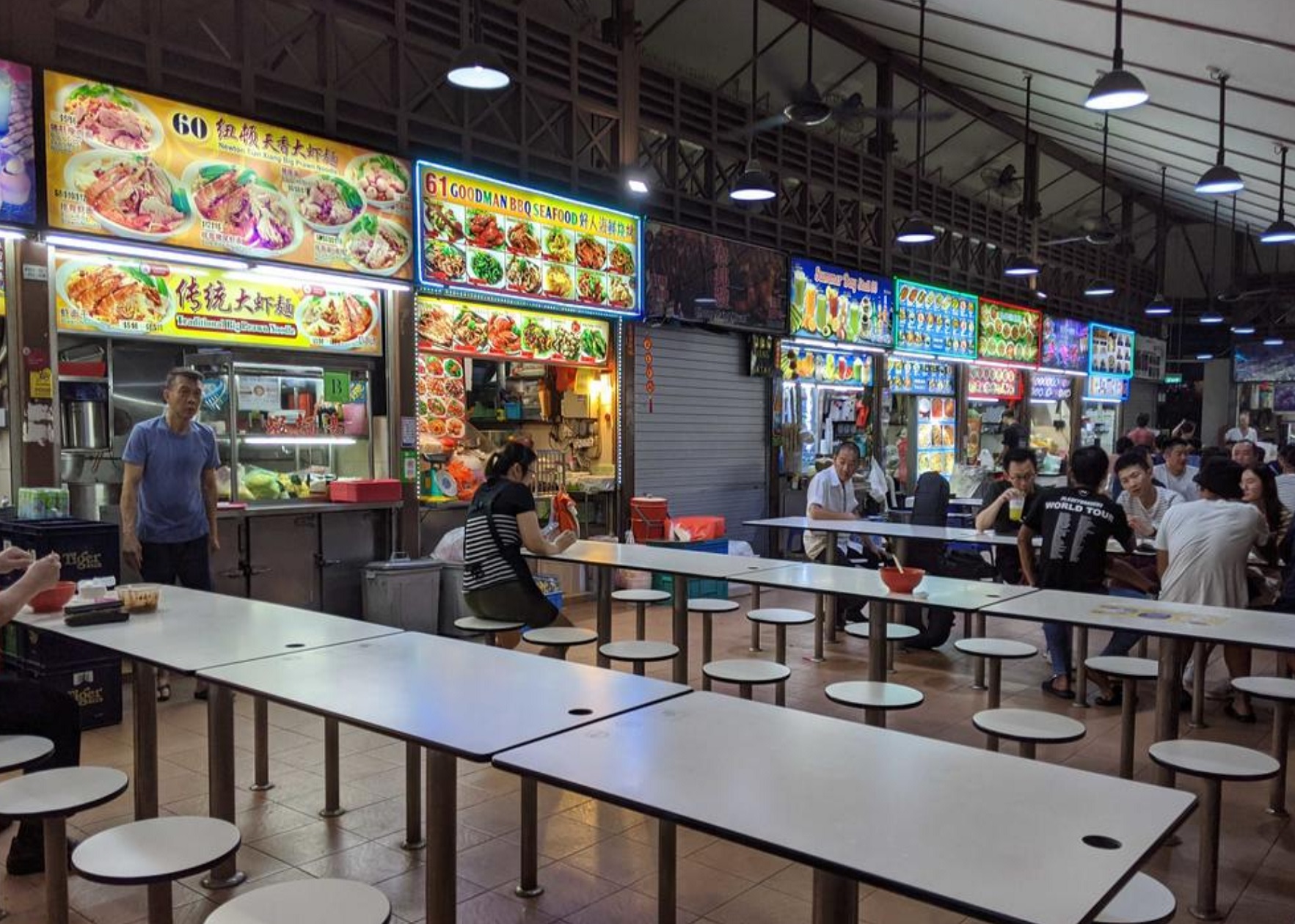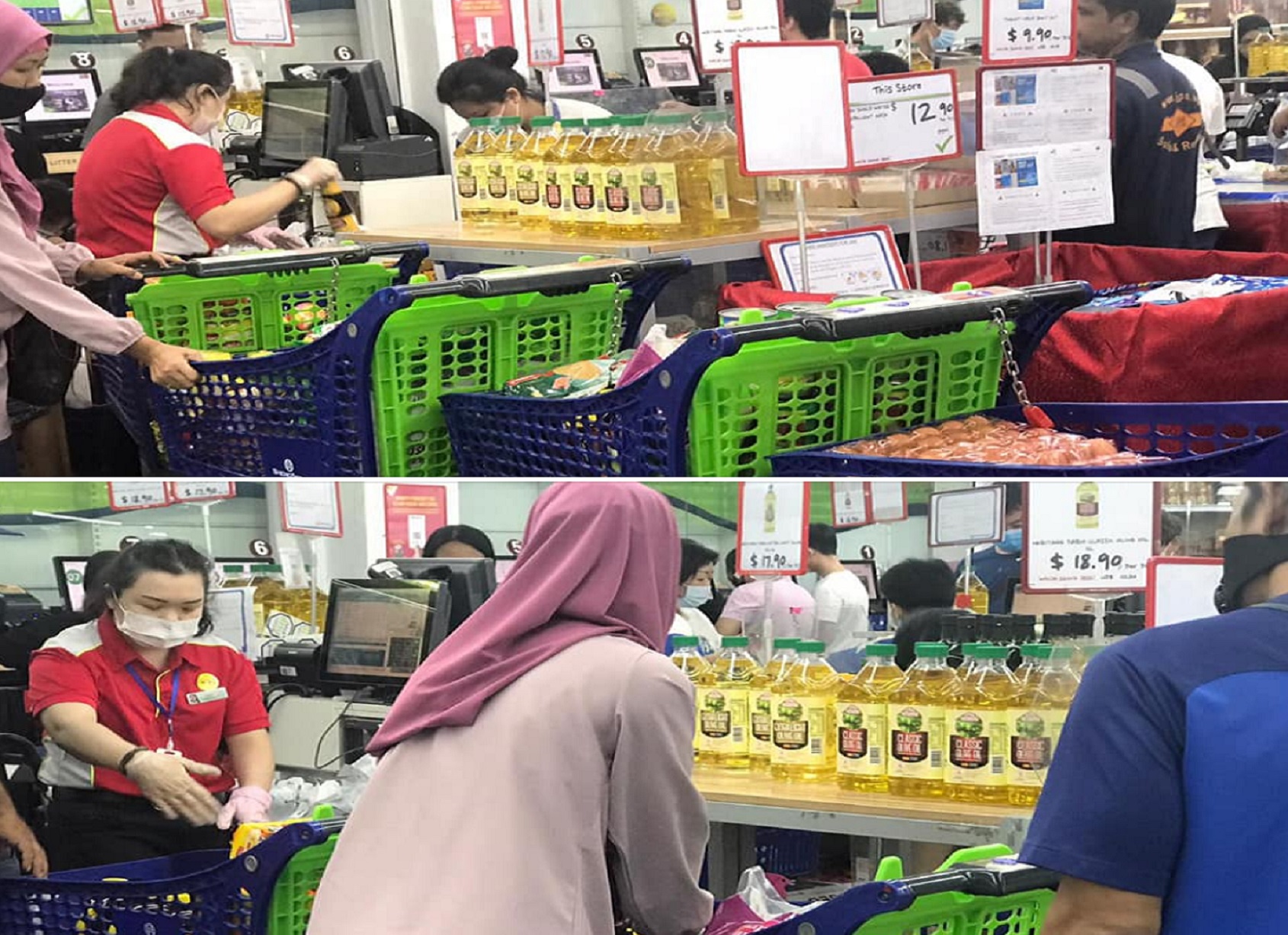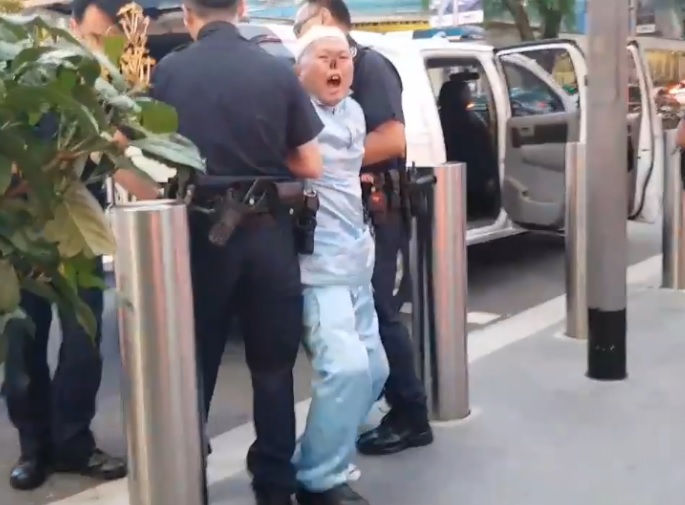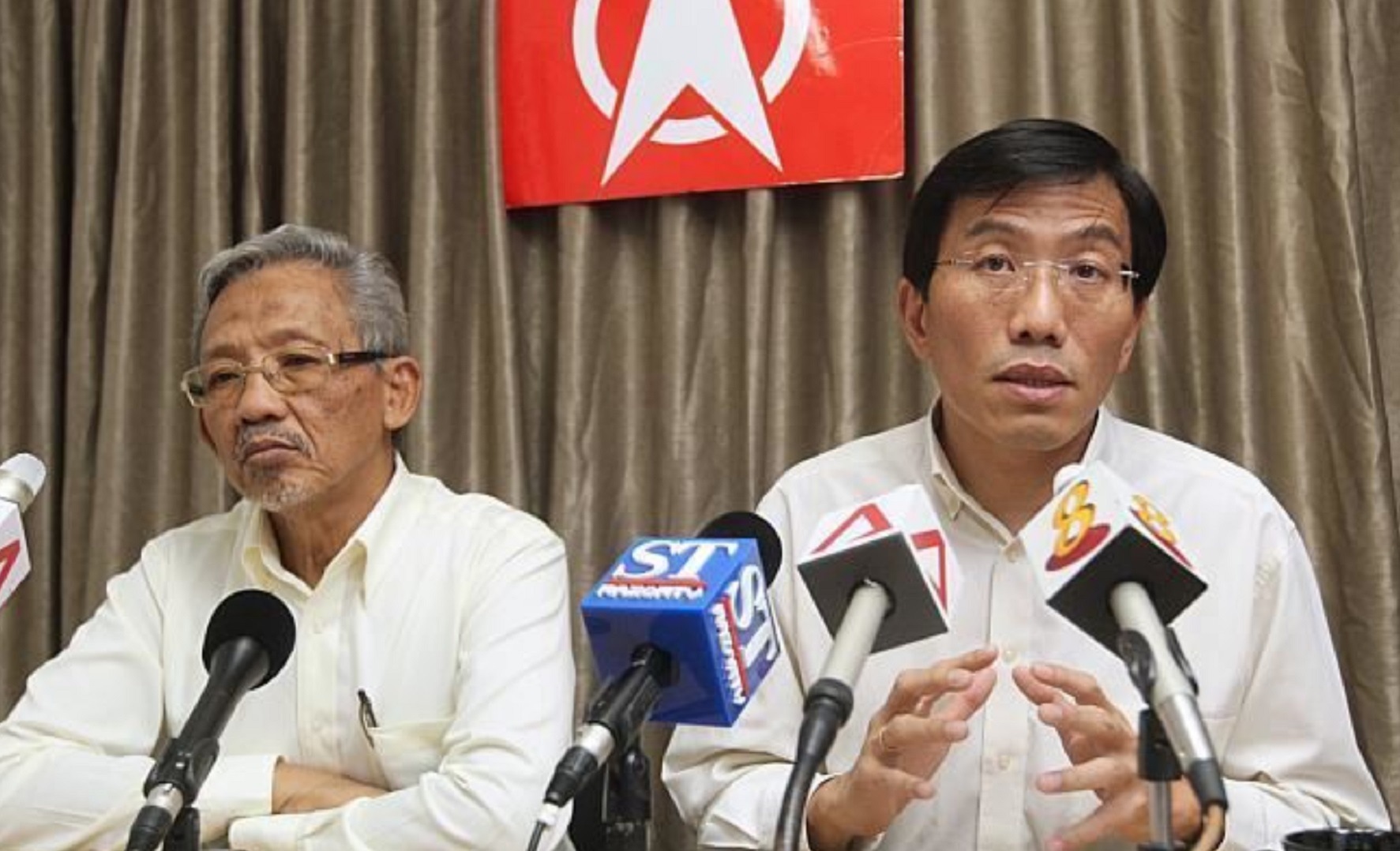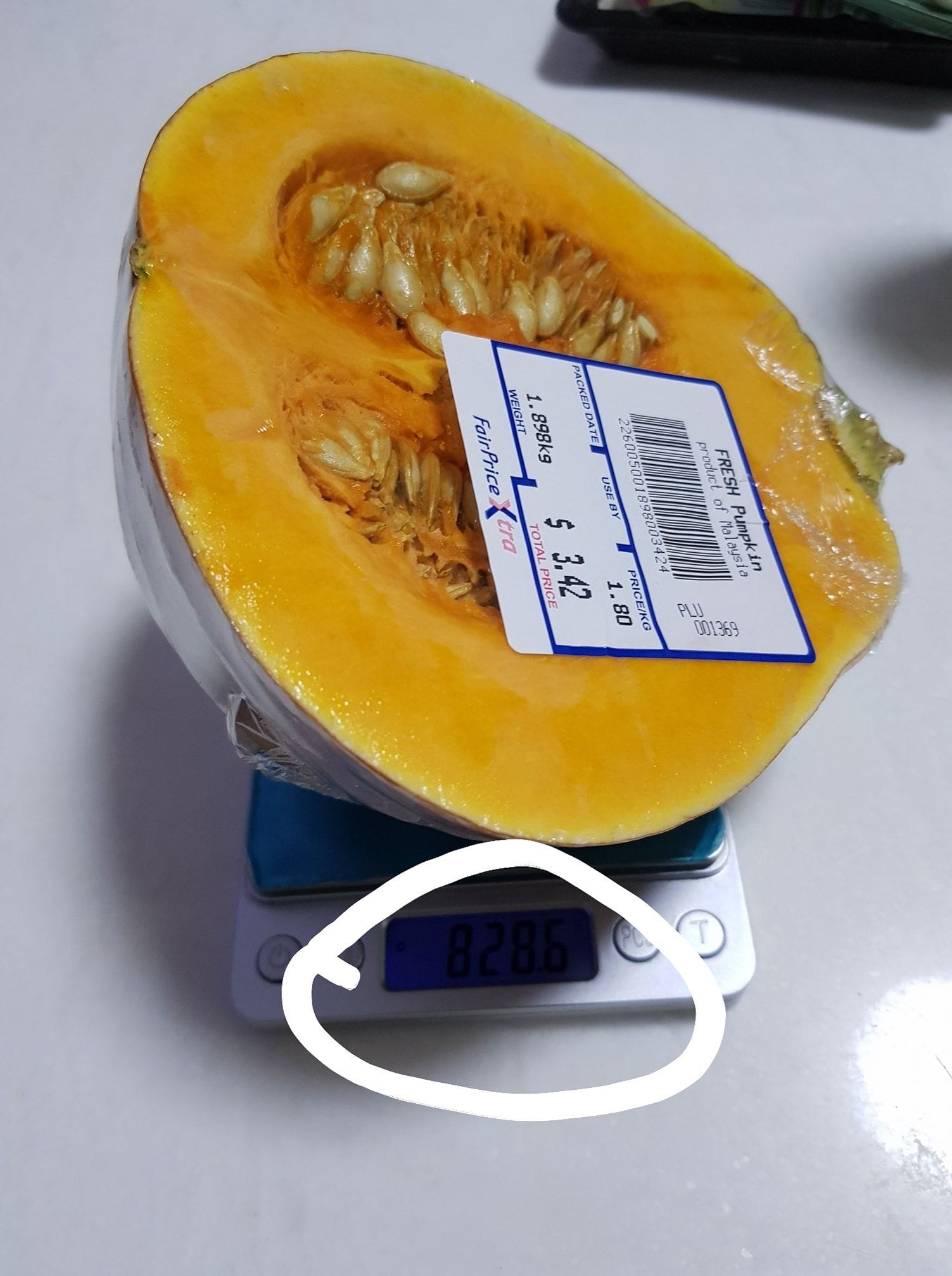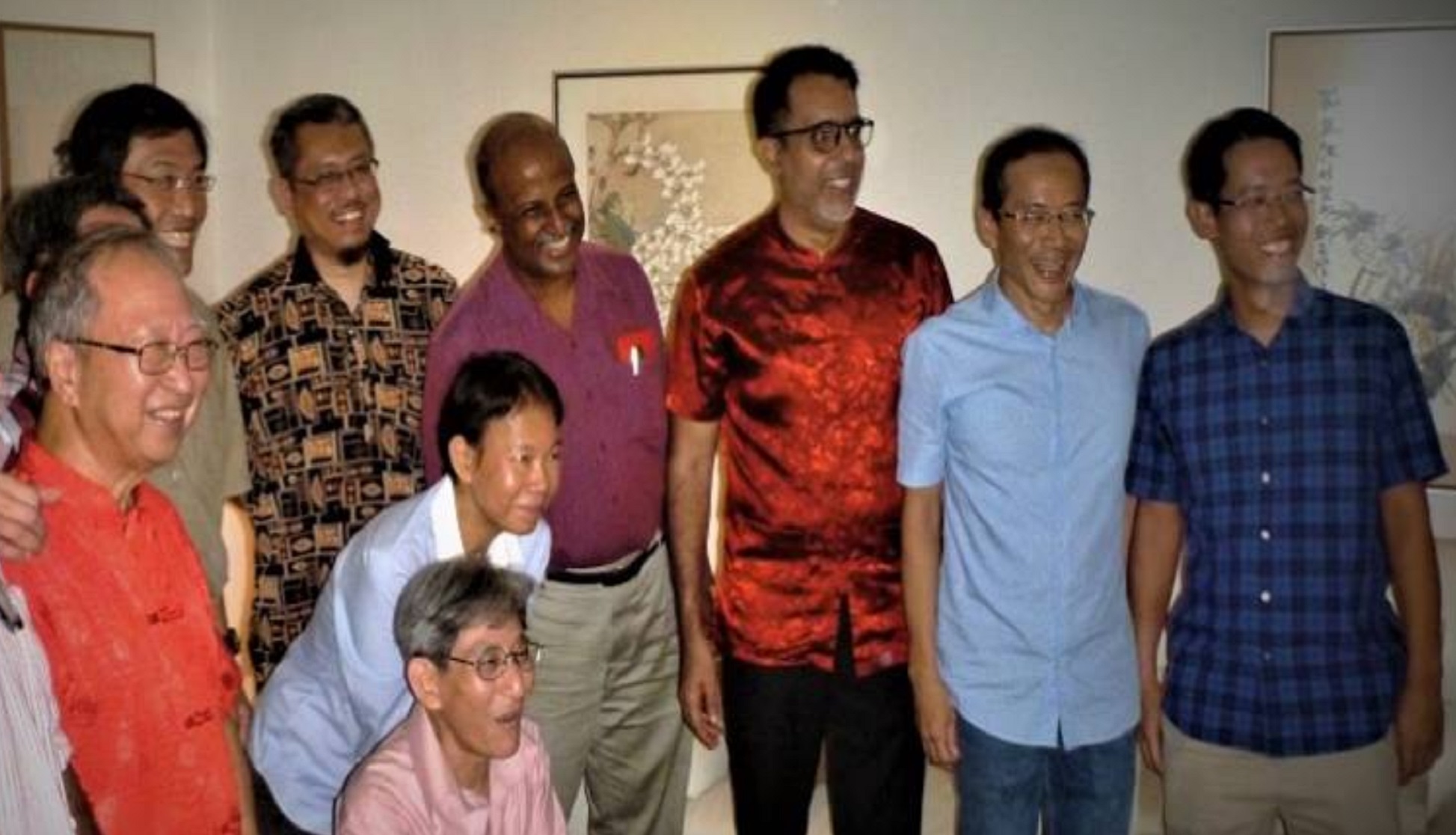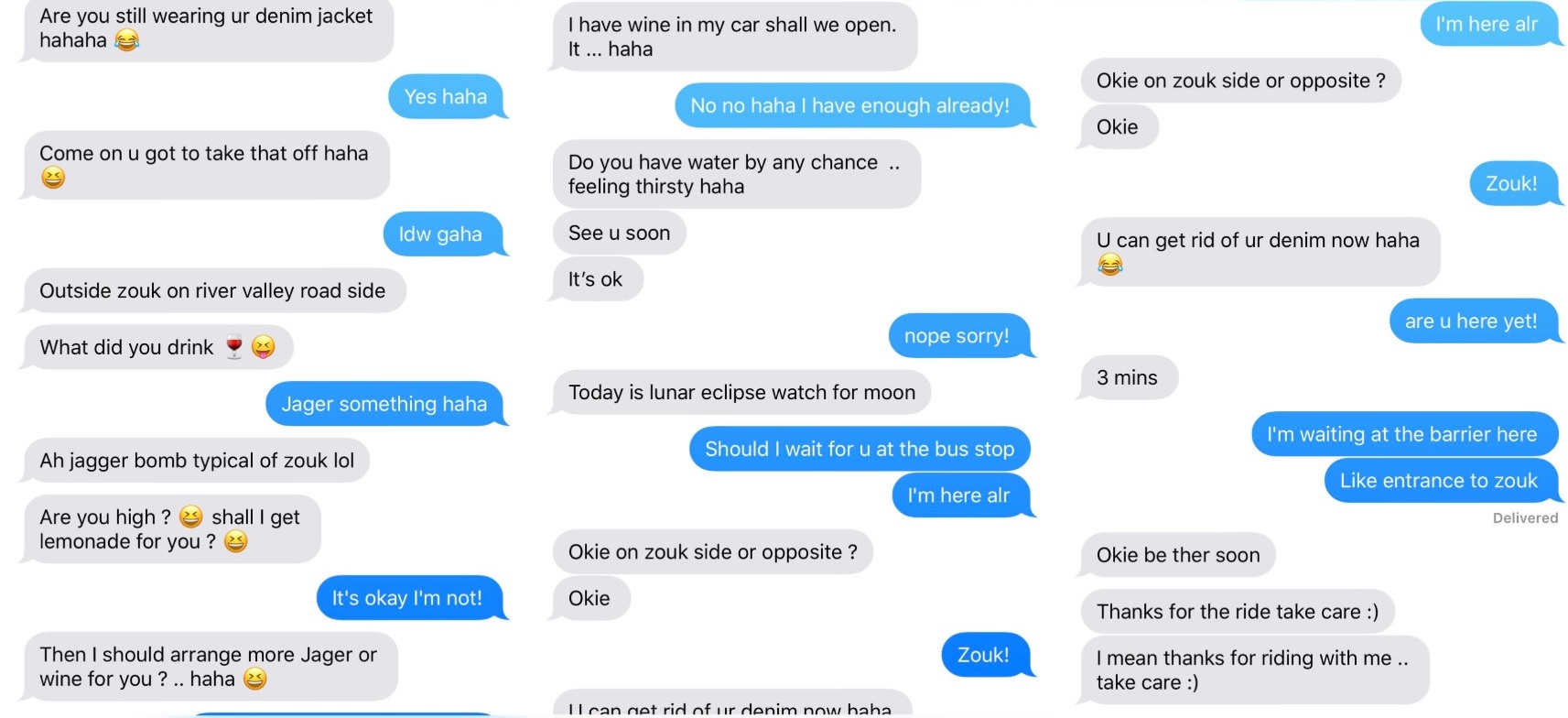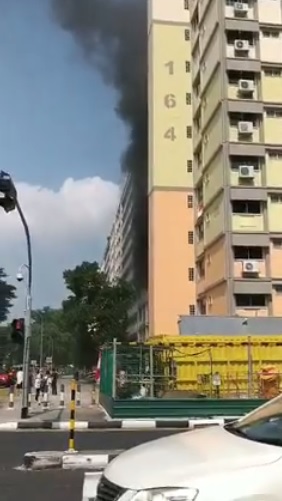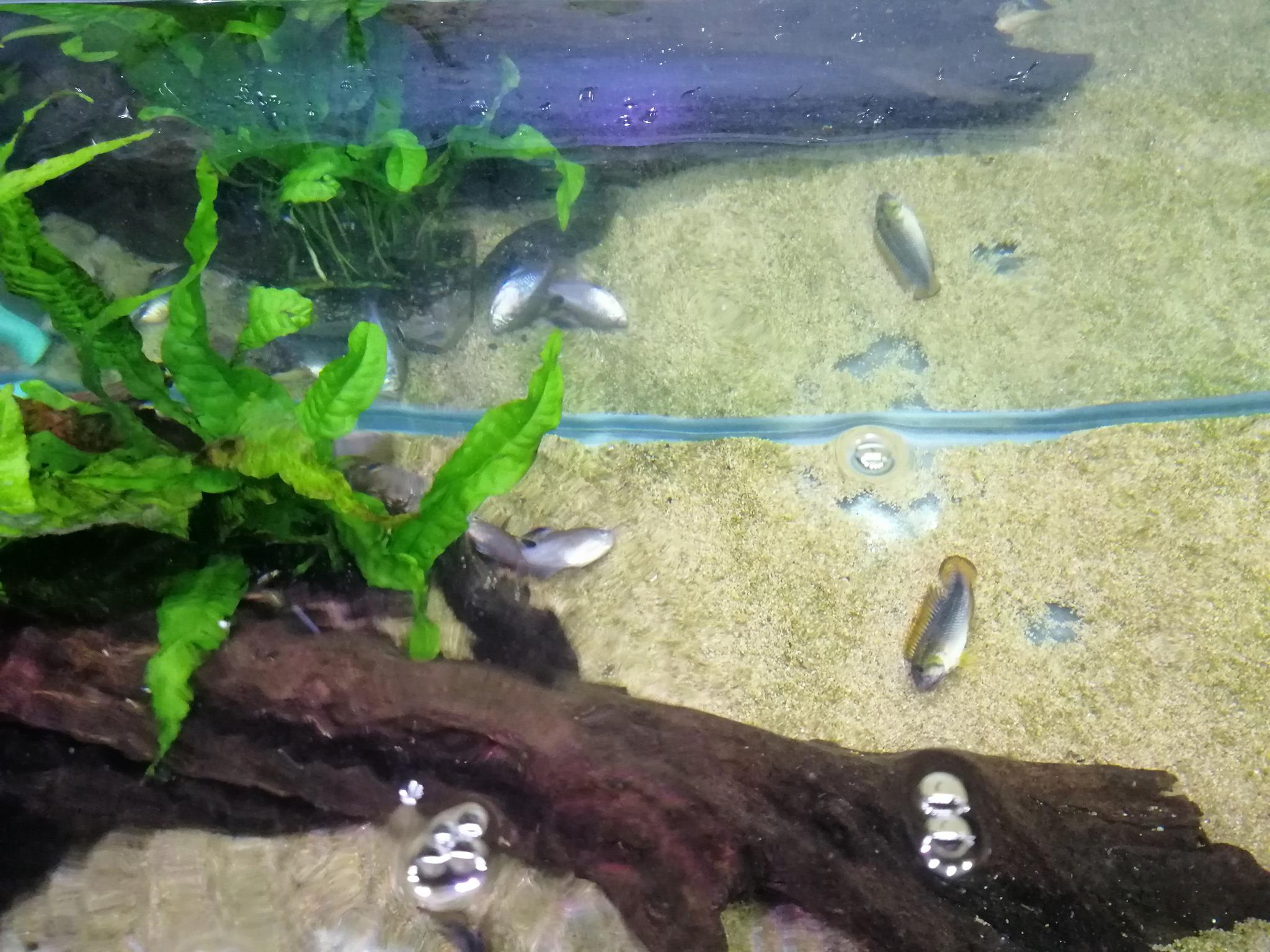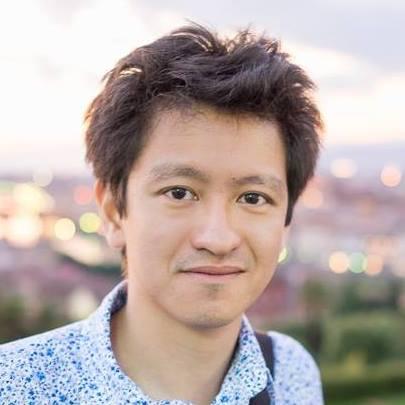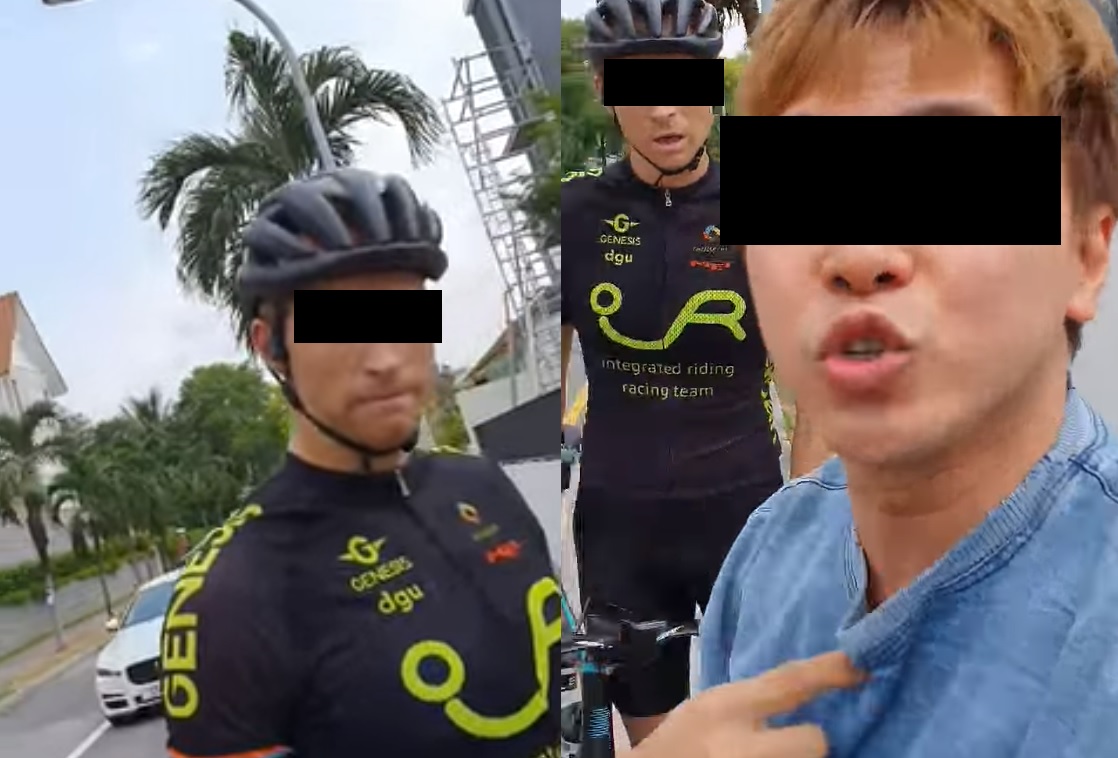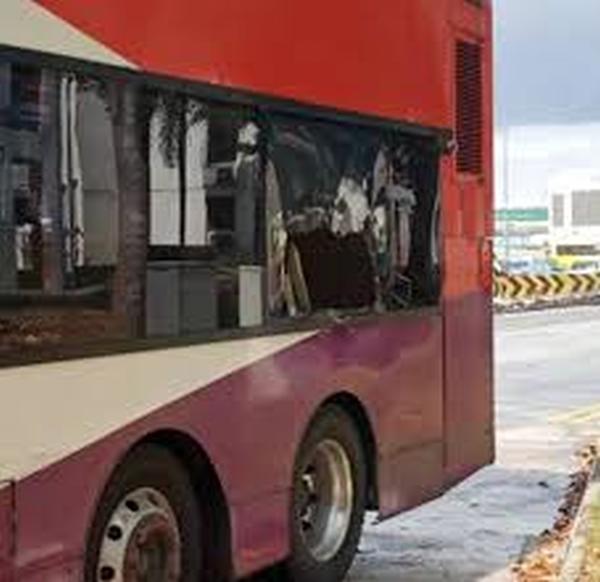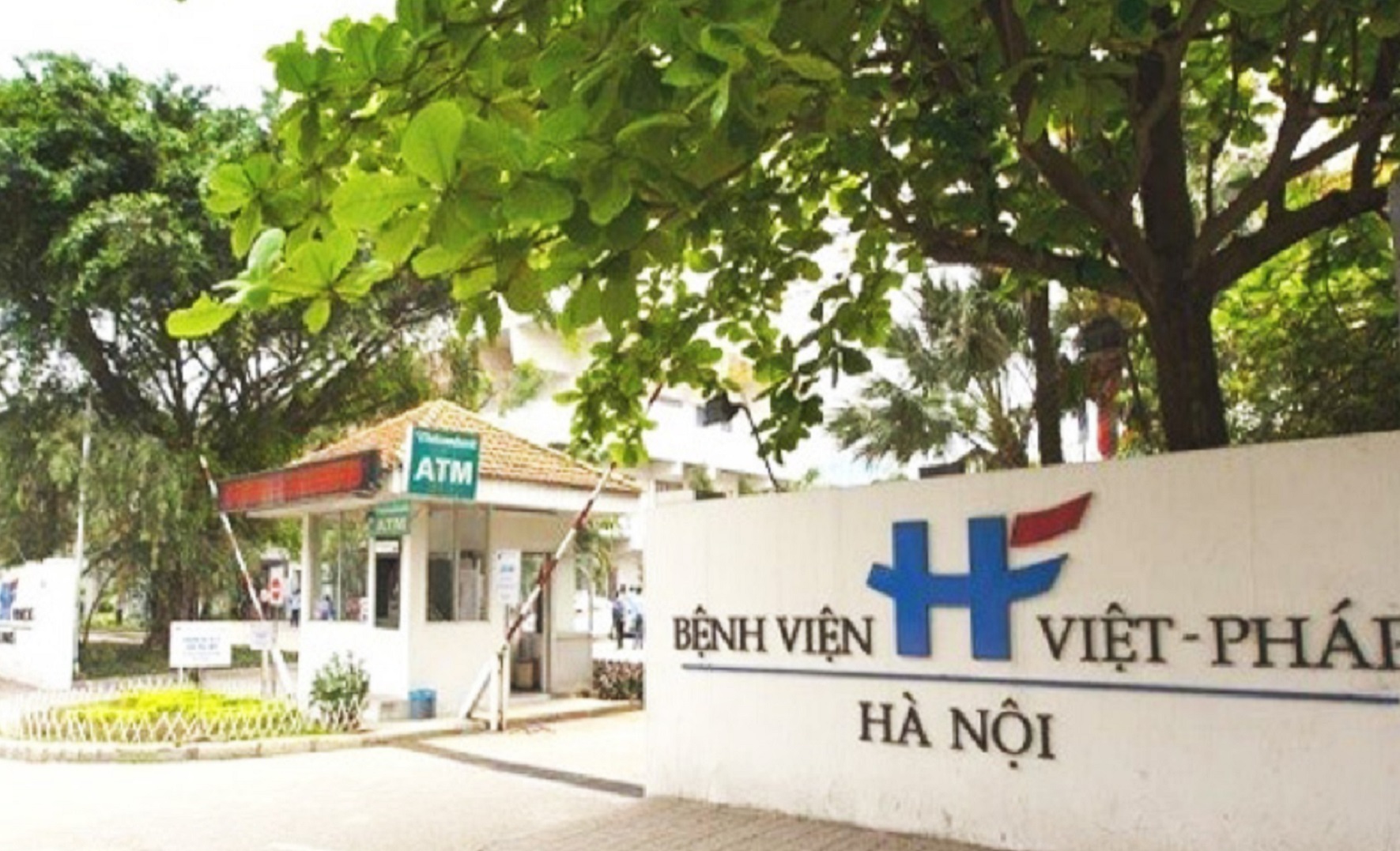Political, Leadership Disruption Required, For Growth, Prosperity Of Country In Uncertain Times
The uncertain global economic and political conditions have impacted Singapore negatively.
According to the latest data published by the Ministry of Manpower (MOM), the unemployment rate in the 3rd quarter of 2019 was the highest in almost a decade.
The ministry explained that uncertainties has resulted in cautious hiring. It added that there is a need “to help unemployed job seekers overcome skill mismatches, with the remaining vacancies”.
What is the PAP doing to navigate Singapore through these uncertain economic conditions?
It has always preached the importance of a Singapore that is open, connected, and relevant to the world.
Have they achieved that?
Whether we like it or not, Singapore has little influence over the global order.
The bigger, powerful countries will continue to do what they can, in the interest of their own sovereignty and security, as well as their own economic growth.
What have we reaped from this?
The PAP seemed to be bankrupt of creative solutions now, when we need it most.
Like they have done in the past, they may sell this economic slowdown as a reason to vote them in due to their past experience. The tactic worked in the past. We must do whatever is electorally possible, to not allow this to happen again.
Yet, is that what we want?
New leaders with fresh impetus and ideas, may be what we need instead. Singaporeans must just be brave enough to make that choice to change their future.
